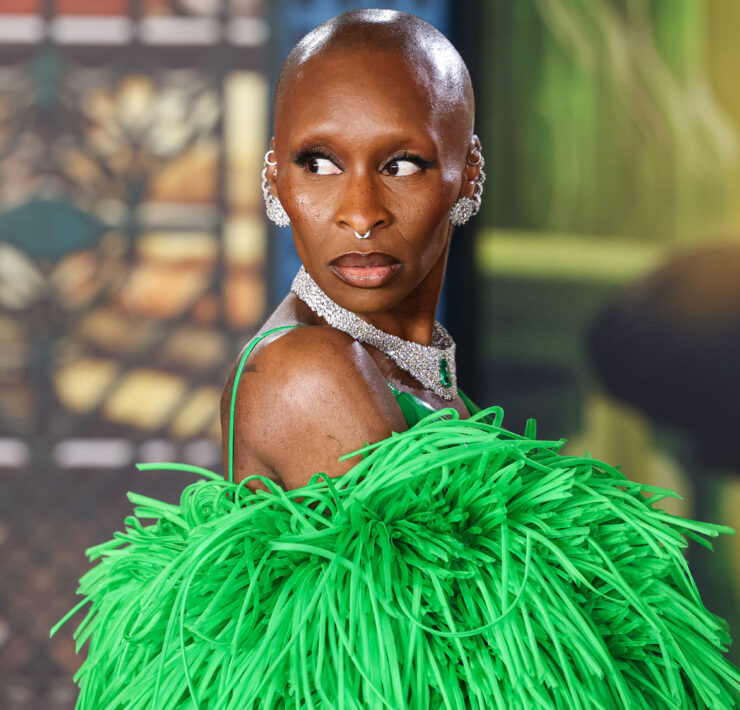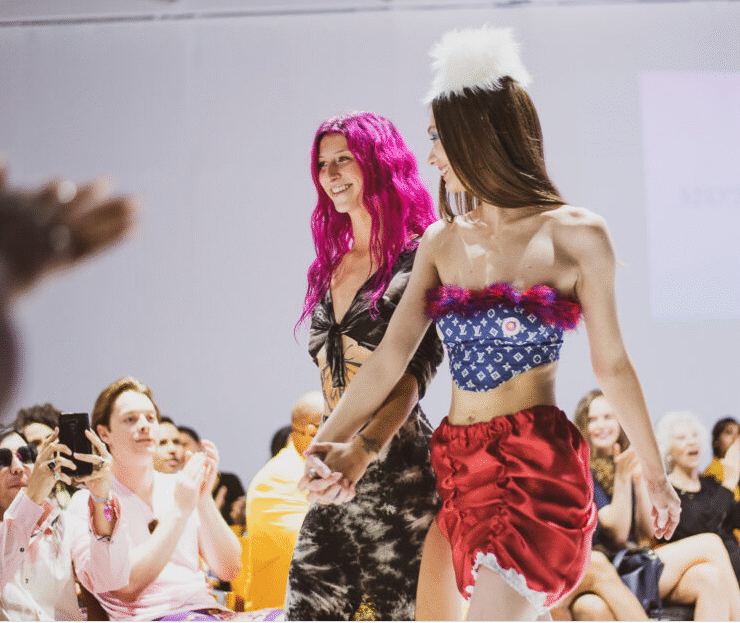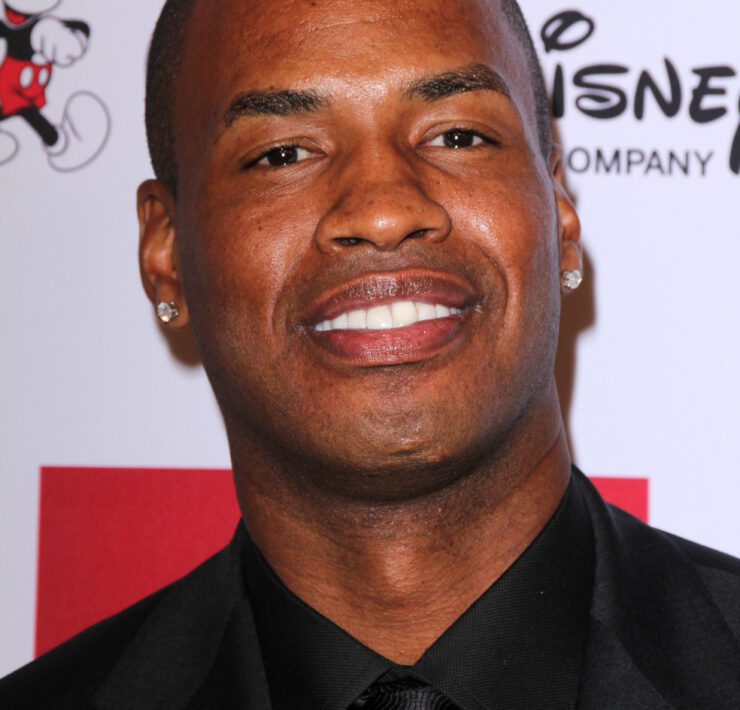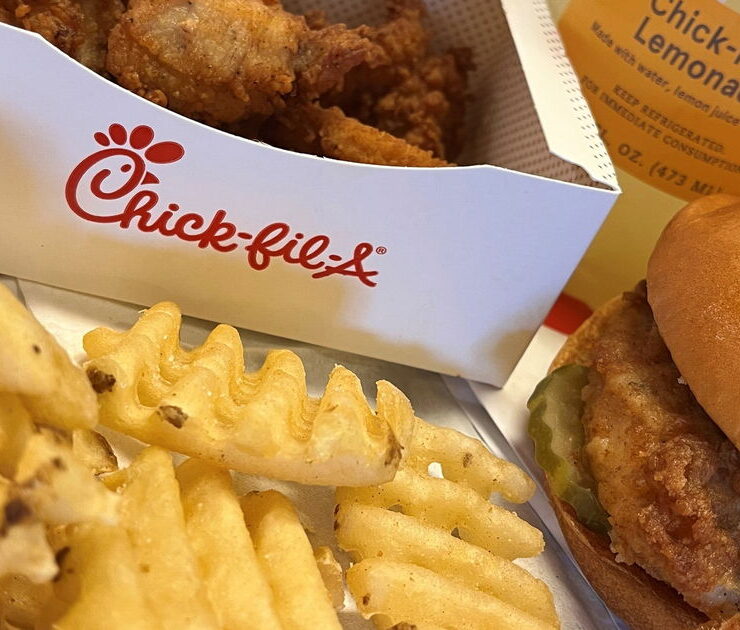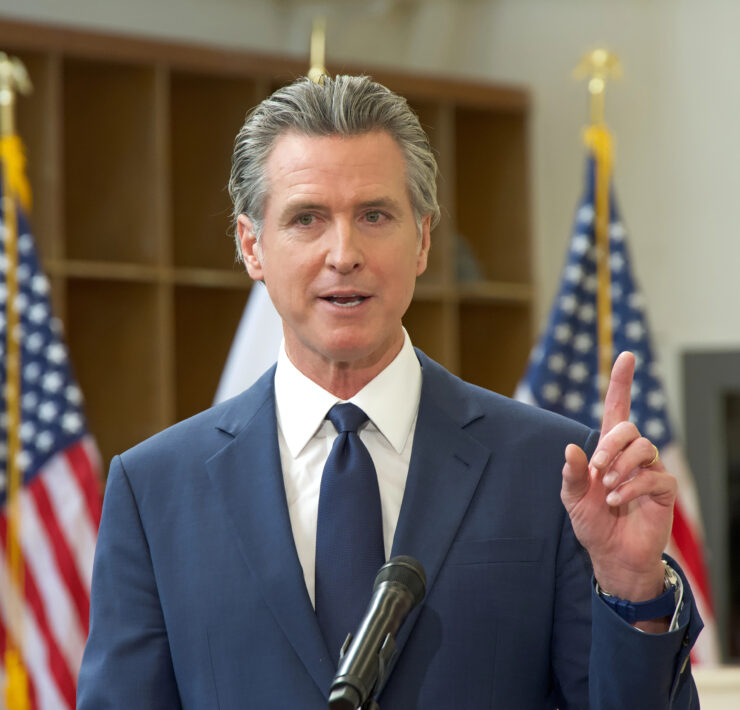Indigenous, Queer Artist Jayli Wolf Transcends Oppression

Intersectionality, accessibility, and squashing the sexist, patriarchal norms through queer…
Stories of LGBTQ and Indigenous communities have been silenced, minimized, and altogether ignored since the beginning of colonialism in this country. For marginalized people, the catastrophic attacks against their individual and collective humanity has led to an uprising of defiance, revolt, and liberation.
Jayli Wolf, an empowered activist, actress, singer-songwriter, and cult survivor, is not only proving to transcend the oppression of her past, but she holds and maintains a responsibility to use her platform for those who continue to be silenced for who they are, where they come from, and where they want to go.
Having survived her upbringing in the Sixties Scoop, a series of policies that allowed Indigenous children of North America to be stolen from their homes, where they were fostered and brainwashed, and eventually adopted out by white families across Canada and the United States. By overcoming the guilt and shame that Jayli felt, not only by the refusal of her embracing her heritage, but also because of her bisexual identity, music has become a space where she can dig down deep inside, heal the wounds, and find catharsis in publicly sharing her story.
On the heels of the June 18 release of her EP, Wild Whisper, the R&B-electronic-pop artist reminds us that Pride is just the beginning: the fight for equity, opportunity, and safety must remain in the diligent forefront of our minds, year ’round.

Thank you! It’s been incredibly cathartic and healing for me to put this project out.
What was unique or interesting about the recording of the record?
I wrote it all on the go. Some songs were written in an Airbnb in L.A., some were written in a field in BC, other parts of songs and ideas came to me on a road trip.
You write about very personal topics that are likely difficult to re-explore and talk about. What kind of emotions arose when you wrote and recorded these songs?
Longing, sadness, anger, and hopelessness. But also power, strength, and acceptance.
Is it healing to discuss the trauma of your past, or does it feel in some way re-traumatizing or like a commodification of your trauma?
I needed to write these songs for my healing for sure. It was a way to let it all out; to examine it all in a different light.
When it comes to your bisexual identity, how did you come to terms with that and find the courage to come out?
I have been doing different types of therapy for years to release the shame that my childhood religion instilled into me. I worked hard to accept all the parts of me, all my truths. I’ve been open to my close friends about my sexuality and in an open relationship for years now, but I never talked about it publicly until this project. I just felt it was time.
In reclaiming your Indigenous heritage, how does that come out in the art that you create and in your everyday life?
As I work to slowly reclaim my culture, I feel more and more whole; there is a power in it. The knowledge has helped me see society and the world in such a different light. I feel more connected to the world around me and responsible to others.

When it comes to love and trust, what would you say has been the biggest hurdle you’ve had to overcome, and how have you learned about yourself in these areas through your music?
Learning unconditional love was the hardest and most rewarding thing I’ve ever done. I had to learn the conditions that I put on love, rethink all my relationships and expectations. Music has helped me to redefine love. For me, it comes down to freedom. Setting the ones I love free.
You also have an incredibly successful, budding acting career. What creatively do you get from acting that is different from music?
With music I go inward completely, it’s all about tapping into my true self.
With acting, I take on characteristics that maybe don’t feel quite like my own. I get to do and say things that I would never normally do or say. I get to try things on without any sort of guilt or shame; see if I like them. I’ve definitely come to know myself better through both forms of art.
What do you hope that people get out of your music, and what are you most looking forward to now that the project is out?
I really don’t know! Is that weird? I can’t say that I know what I want people to get out of my art, I just want to tell stories.
What's Your Reaction?
Intersectionality, accessibility, and squashing the sexist, patriarchal norms through queer pearls of wishful wisdom.



